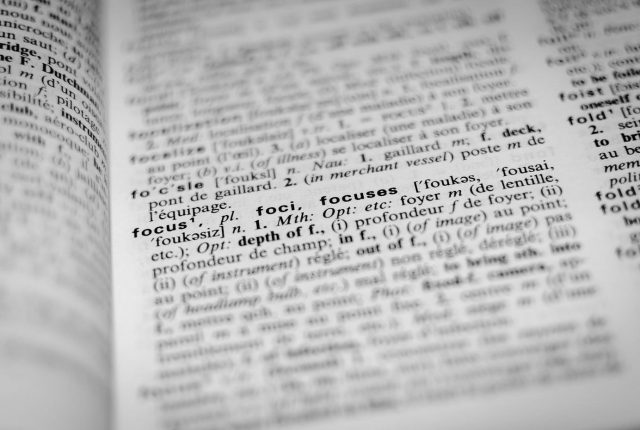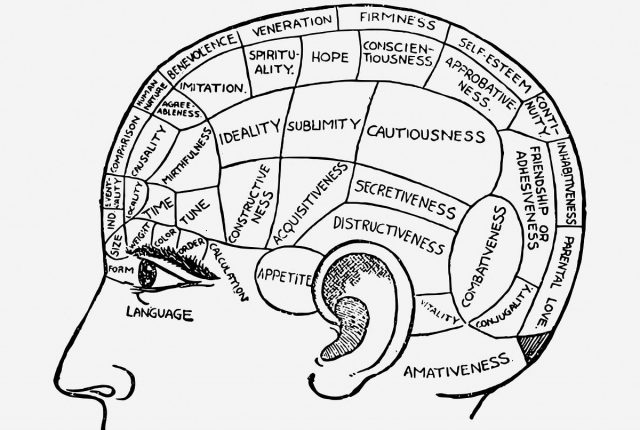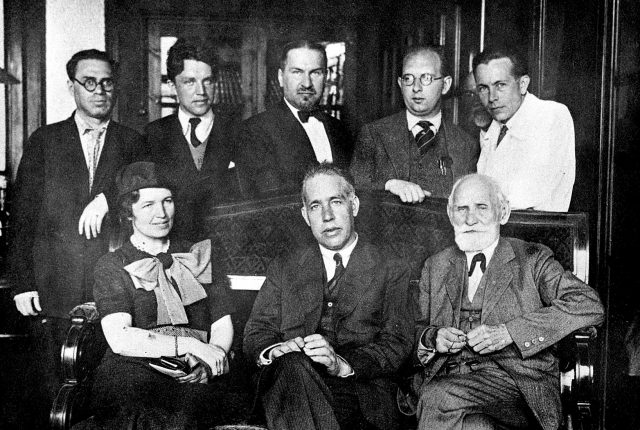Encyclopedia
Encyclopedia of foreign language learning
Human language is the greatest technology ever invented. It’s what makes us different from other animals. We can use sounds to express ideas in our minds and it allows us to share discoveries and inventions with people across the world and through time.
It is the only formal language that has acoustic representation, and the only animal language that is built out of cultural symbols.
Language acquisition is also special. Every parent watching their children grow wonders how they are capable of learning such a complex thing without any instruction in such a short time. But the same parents sometimes struggle becoming even conversational in a foreign language.
Despite language learning being a million years old, plus 200 years of serious research, the demand, and the developments in technology and AI, people nowadays still struggle with learning languages.
In this encyclopedia we will see how language evolved and formalized, and what we currently really understand about learning in general, language learning and language acquisition.
The success of language learning lies in the way you learn. In order to be successful, you have to take language learning into your own hands and use the methods that work.
Other categories

Distance Learning in Language Education
Distance learning has revolutionized education, allowing learners to study without the constraints of time and place. This article explores the evolution, current state, and challenges of distance language education, providing…

Zaburzenia językowe
Zaburzenia językowe mogą wynikać z różnych przyczyn, w tym czynników genetycznych, dysfunkcji mózgu i kwestii rozwojowych. Zaburzenia te mogą wpływać na umiejętności komunikacyjne, które mogą wynikać z wyzwań sensorycznych, motorycznych,…

Discourse Analysis in Language Learning
Language is not merely a collection of words and sentences but a complex system of communication deeply intertwined with social, cultural, and historical contexts. Discourse analysis is a tool that…

Didactique des langues: Language Teaching Methodology
Understanding how languages are taught involves exploring the history, terminology, and various approaches used in language education. This article delves into the evolution of language teaching methods, particularly focusing on…

Dictionaries: Your Essential Guide
Dictionaries are like treasure chests filled with information about words. They’re not like encyclopedias that talk about everything, but they focus on the meaning, spelling, pronunciation, history, grammar, and usage…

Cultural Studies: Exploring Cultural Phenomena for Language Learning
Cultural Studies is a broad term that refers to the examination of various cultural aspects, including products, processes, and issues. It originated in Britain and has since spread to many…

Cultural Awareness in Language Learning
In the world of language education, one term that frequently pops up is “Cultural Awareness” (CA). But what exactly does it mean, and why is it important? Let’s delve into…

Creoles: A Simplified Introduction
A Creole language is defined as a stable natural language that resulted from the mixing of two other languages. There are currently about 100 examples of Creole languages, many (but…

Corpus Linguistics for Language Learning
In the world of language learning, understanding how language works is essential. One important field in this area is called “corpus linguistics.” Corpus linguistics is all about studying large collections…

Conversation Analysis in Language Learning
Conversation Analysis (CA) is a way of studying how people talk to each other, especially in everyday situations. It started in the 1960s and 1970s as part of sociology, which…

Content-Based Instruction in Language Learning
Language learning can take on various forms, and one effective method is through content-based instruction. This approach integrates language learning with the acquisition of subject matter content. Whether the emphasis…

Content and Language Integrated Learning (CLIL)
Content and Language Integrated Learning (CLIL) is a powerful educational approach designed to enhance learning in diverse linguistic settings. Originally emerging in Europe in the mid-1990s, CLIL has since become…

Competence and Performance in Language Learning
When delving into the realm of language learning, it’s crucial to grasp two key concepts: competence and performance. These terms were introduced by Chomsky in the 1960s to describe different…

Community Language Learning (CLL)
Learning a new language can be challenging, but with the right approach, it can also be rewarding. Community Language Learning (CLL) is one such approach that focuses on creating a…

Communicative Language Teaching for Language Learners
Communicative Language Teaching (CLT) is a method used to learn languages that focuses on both the process and goals of classroom learning. This approach emphasizes the ability to express, interpret,…

Effective Communication Strategies for Language Learners
Communication strategies are essential tools for language learners to achieve their goals in understanding and expressing themselves in a new language. In this article, we’ll explore what communication strategies are…

Common European Framework of Reference (CEFR)
The Common European Framework of Reference for languages, also known as CEFR, is a guideline developed by the Council of Europe to aid in the learning, teaching, and assessment of…

Cognitive Linguistics in Language Learning
Language learning involves more than just memorizing vocabulary and grammar rules. It’s about understanding how language reflects the way we think and perceive the world around us. One fascinating approach…

Cognitive Code Theory in Language Learning
Learning a new language involves more than just memorizing vocabulary and practicing grammar drills. It taps into the way our minds naturally work, a concept known as Cognitive Code Theory….

Classroom Research for Language Learning
Classroom research delves into what happens within classrooms to gain insights into teaching and learning processes. Originating in the 1960s, it emerged as a response to the limitations of traditional…

Language Learning in the Classroom
In language learning classrooms, the way teachers and students talk to each other is very important. This is what we mean by “classroom language.” Language is not only the tool…

Noam Chomsky and his Influence on Language Learning
Noam Chomsky is a renowned figure in the world of linguistics, known for his groundbreaking theories on language and the mind. Despite his prominence as a linguist, many people recognize…

Chinese: A Journey Through Language
Language shapes the heart of a culture, and when it comes to Chinese, it’s like diving into a treasure trove of history and diversity. Let’s embark on a journey to…

Computer Assisted Language Learning (CALL)
Language learning has evolved over the years, and one significant advancement is Computer Assisted Language Learning (CALL). In this approach, technology like computers is used to assist in teaching and…

The Bilingual Method: Simplifying Language Learning
Learning a new language is like unlocking a door to a whole new world. It’s not just about memorizing words and grammar rules but truly understanding how to communicate in…

Bilingualism: More Than Just Speaking Two Languages
Bilingualism is a fascinating and complex phenomenon, much more nuanced than simply being able to speak two languages. It’s about the interplay of language proficiency, usage, and the unique linguistic…

Bilingual Education: Learning in Two Languages
Bilingual education means teaching subjects in two languages. It helps students understand and speak both languages. Sometimes, schools start with the student’s home language and then switch mostly to another…

Behaviorism in foreign language learning
Behaviorism, a theory in psychology that emerged in the early 20th century, suggests that most of our actions are learned responses to different situations. According to this theory, when we…



